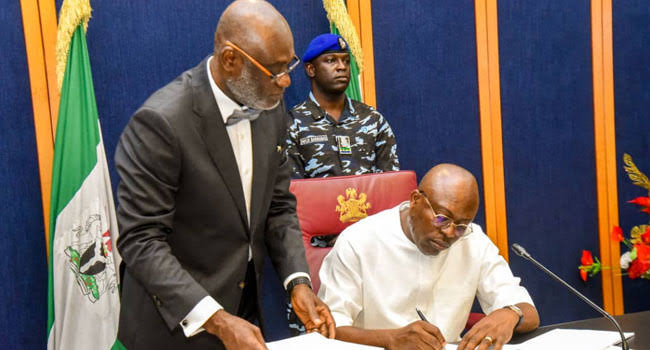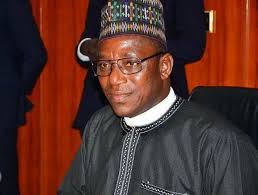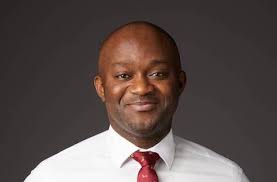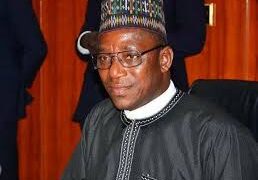The Rivers State Government has taken proper action by sealing off an hospital located in Omagwa, within the Ikwerre Local Government Area.
This facility, operated by an agriculturist, was one of several health establishment recently closed by the state’s Anti-Quackery Committee.
This committee was established by the Ministry of Health earlier in April to combat the proliferation of illegal medical practices within the region.
During a press briefing, Dr. Adarze Oreh, the State Commissioner for Health, elaborated on this initiative, emphasizing that the closures are part of the government’s broader strategy to eradicate unlicensed medical operations across the state.
She explained that the sealed hospital is just one among a total of six health facilities that have been shut down as part of this rigorous enforcement effort.
One notable facility that was closed is an unregistered clinic situated in Ogale, Eleme. The operator of this clinic was found to be providing medical services without appropriate oversight.

Disturbingly, the operator also conducted an educational program aimed at training individuals who lacked the necessary licenses to practice medicine.
This operator, who failed to possess the requisite qualifications, could not fulfill the mandatory standards for obtaining a legitimate medical license.
In addition, there was another facility in Aleto, Eleme, managed by a retired nurse who held a PhD.
Despite her advanced educational credentials, it was revealed that she lacked the legal authorization to operate a medical center and was simultaneously running an educational institution.
This situation raises concerns about the legitimacy of healthcare provision in the area.
In the same locality was another unlicensed practitioner operating a clinic, which further exacerbated the concerns regarding the rise of quackery within the state.
Similarly, a facility located in Komkom, Oyigbo, managed by a combination of two foreign individuals and a Nigerian. This facility was discovered to be recycling syringes and needles, a practice that poses serious health risks to the community.
A sixth facility, found in the Afam area of Oyigbo, was run by a Nigerian who claimed to have received medical training abroad.
However, this individual did not possess any certification recognized by Nigerian medical authorities, nor did they hold a discharge certificate from the National Youth Service Corps (NYSC).
The lack of proper certification in these cases is indicative of a broader issue regarding healthcare standards.
Dr. Oreh expressed serious concerns regarding the operations of these illegal facilities, highlighting that not only do they deliver subpar healthcare services, but they also contribute to the training of others in their hazardous practices.

She pointed out that the geographic locations of these sealed medical establishments suggest a disturbing trend, with unregistered health centers increasingly appearing on the outskirts of the state capital.
In her address, the Commissioner urged the operators of such unlicensed facilities to step forward and seek the necessary certifications, making it clear that the state will not tolerate the practice of quackery in any form.
She took the opportunity to remind the public about the state’s contributory health insurance scheme, which was launched in January.
This initiative aims to provide citizens with access to affordable and quality medical care, reinforcing the government’s commitment to improving healthcare access.
Dr. Oreh further clarified that the actions taken by the Anti-Quackery Committee were executed in collaboration with security agencies, which facilitates the possibility of arrest and prosecution when warranted.
She reiterated that the state government, under the leadership of Governor Siminalayi Fubara, remains dedicated to enhancing healthcare access, particularly in underserved regions.
To illustrate the ongoing commitment to healthcare improvement, the Commissioner highlighted the recent inauguration of a medical oxygen plant at the General Hospital in Eleme.
This project was accomplished in partnership with foreign donors and serves as a testament to the continuous efforts to bolster healthcare infrastructure throughout the state.
In an effort to maintain and elevate the standards of medical care, Dr. Oreh announced the introduction of new guidelines for individuals and organizations intending to offer free medical services.
She stressed that any such outreach initiatives must receive prior clearance and approval from the Ministry of Health before they can proceed, ensuring that all health interventions adhere to established regulations and standards.




































